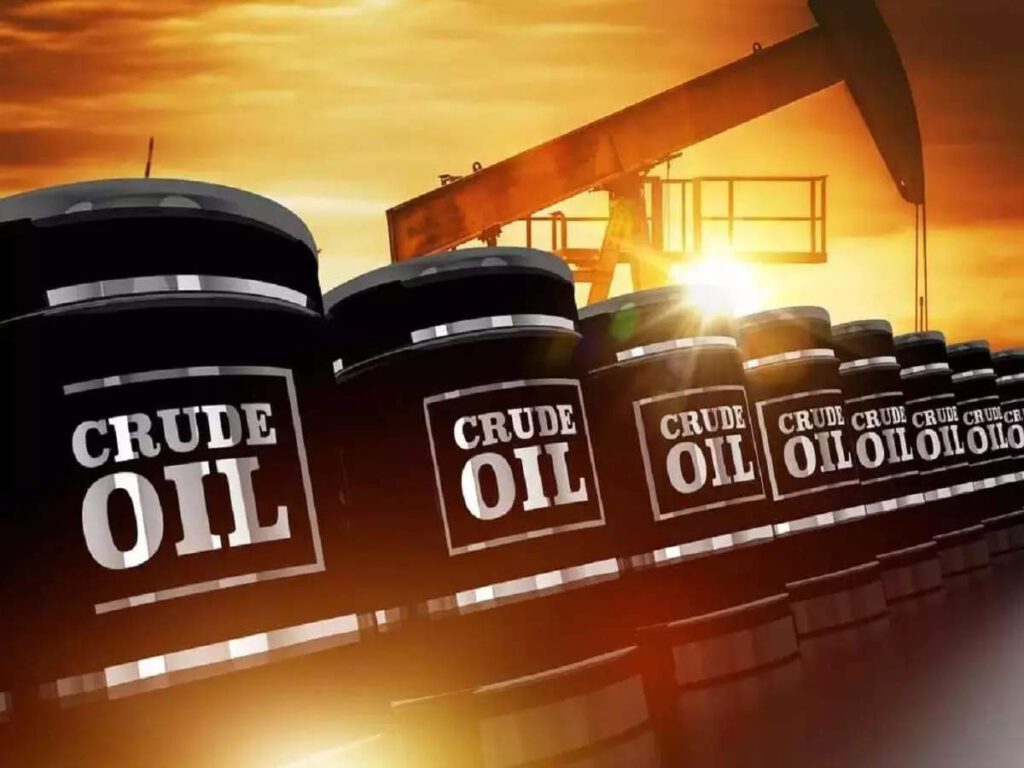Oil prices rose in early Asia trading on Monday, bolstered by Middle East tensions and Beijing’s commitment over the weekend to stimulate consumer recovery, which would increase fuel demand. Brent crude futures were up 54 cents, or 0.6%, to $87.20 a barrel at 0115 GMT, while West Texas Intermediate crude was up 54 cents, or 0.7%, to $80.22 a barrel.
When the Organization of the Petroleum Exporting Countries (OPEC) and its allies, led by Russia, convene virtually on February 1, they are unlikely to change their existing oil supply strategy. Nonetheless, signs of an increase in oil exports from Russia’s Baltic ports in early February drove Brent and WTI to fall for the first time in three weeks last week.
China’s cabinet decided on Saturday that it will push consumption recovery as the main driver of the economy and increase imports, according to official broadcaster CCTV. “We have Russia on the supply side and China on the demand side. Both can swing by more than 1 million barrels per day above or below expectation,” said Grasso, formerly an oil trader with Italy’s Eni.
“China seems to have surprised the market in terms of how fast they are coming out of zero COVID while Russia has surprised in terms of resilience of export volume despite the sanctions,” continued Grasso, according to the Economic Times. China returns to work this week following the Lunar New Year break. The number of people travelling before to the holidays increased over the previous two years but remains lower than in 2019, according to Citi analysts, citing Ministry of Transport statistics. “Overall international traffic recovery remains gradual, with high-single to low-teens digits to 2019 level, and we expect further recovery when outbound tour group travel resumes on Feb. 6,” the Citi note said.


